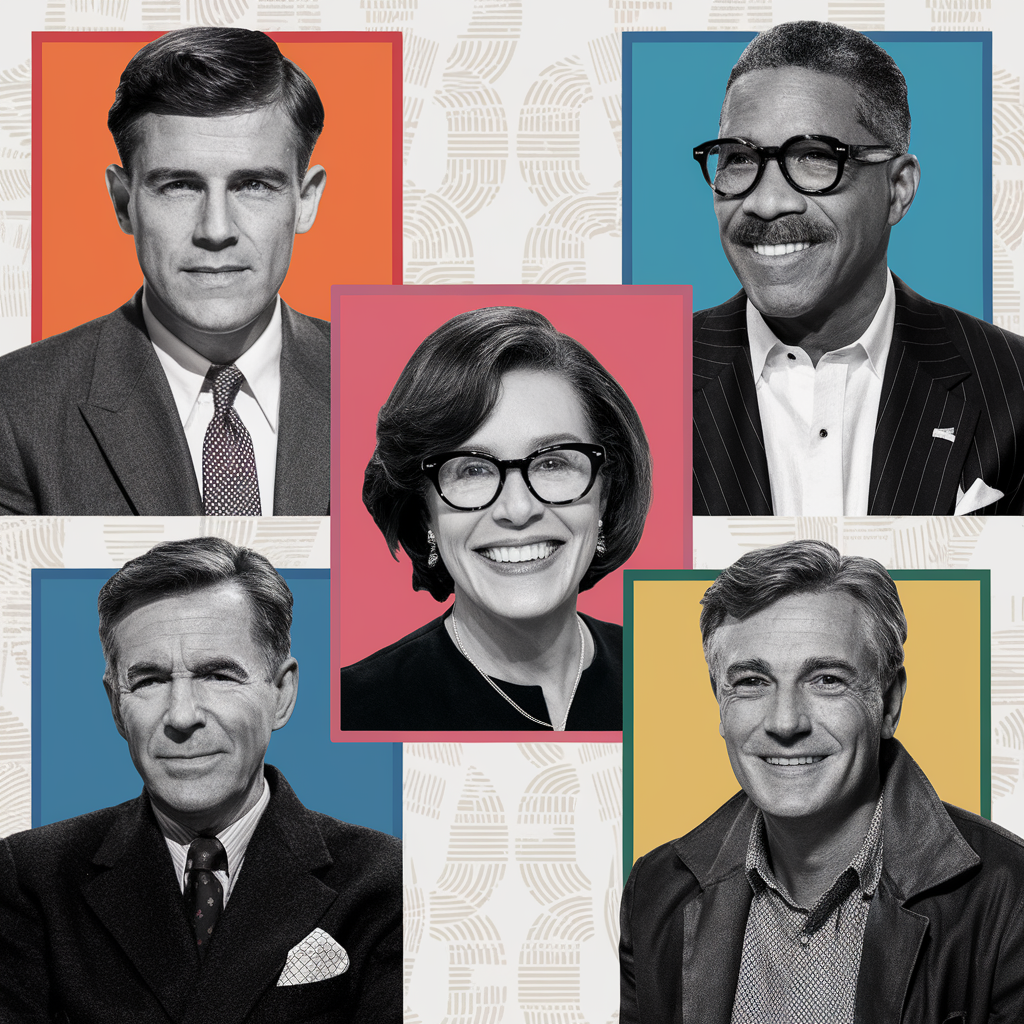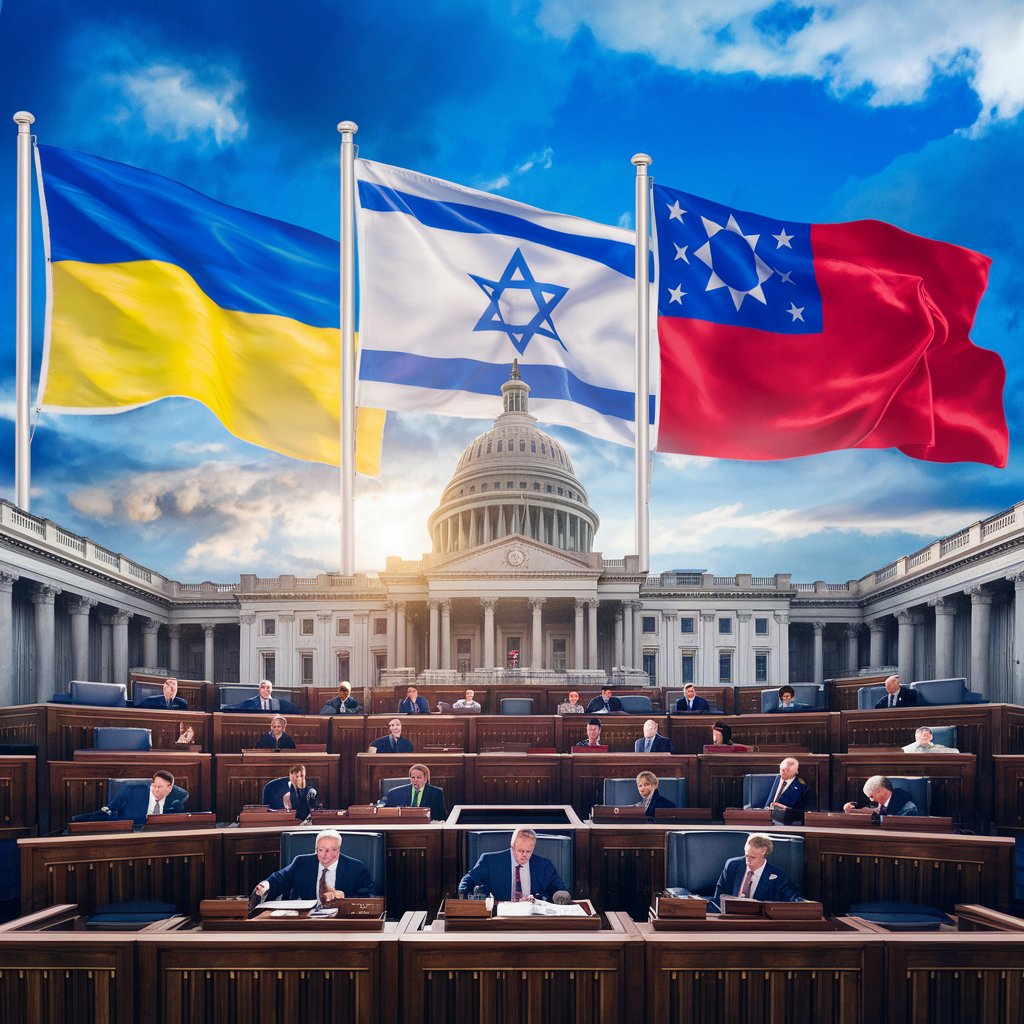Third-party and independent contenders, such as Robert F. Kennedy Jr., are surprisingly gaining traction in the early polls for the upcoming presidential election. This trend not only signals a wave of discontent with the current political landscape dominated by Joe Biden and Donald Trump but also adds a layer of uncertainty to the closely contested race.
Recent national polls from Quinnipiac University, Fox News, Marquette Law School, NBC News, and Marist College reveal that Kennedy garners an average of 13% support in his independent bid when explicitly mentioned in survey questions. Independent candidate Cornel West and Green Party candidate Jill Stein also secure an average of 3% each. In a race where Trump and Biden are neck and neck, even a fraction of this support could be pivotal.
However, historical data suggests that support for third-party and independent candidates often falls short of polling projections. Dan Cassino from Fairleigh Dickinson University Poll explains that respondents expressing support for such candidates may either vent frustration with mainstream options or genuinely favor alternative candidates. Given the prevailing dissatisfaction with the major-party nominees, the former group likely outweighs the latter. A CNN poll from last year revealed that 39% of Kennedy supporters admitted to knowing little about him.
Yet, discerning genuine support amid this sentiment is challenging. Previous elections witnessed polls overestimating third-party backing, highlighting the complexity of gauging voter preferences accurately. Factors such as dissatisfaction with the major-party candidates, superficial recognition of candidates like Kennedy due to his surname, varying ballot access across states, and changes in polling methodologies further complicate predictions.
- Read more on the US Election 2024 by clicking here
To address this uncertainty, experts propose experimental approaches, such as including lesser-known third-party candidates in polls. By comparing the support for candidates like Kennedy with those lacking recognition, a clearer picture of genuine backing can emerge. However, polling nuances remind us that snapshots of public sentiment offer only partial glimpses, subject to interpretation and evolution over time.
In essence, while the surge in support for third-party candidates raises eyebrows, it underscores a broader dissatisfaction with the political status quo. Untangling the nuances of this support amidst a complex electoral landscape remains an ongoing challenge for pollsters and analysts alike.



